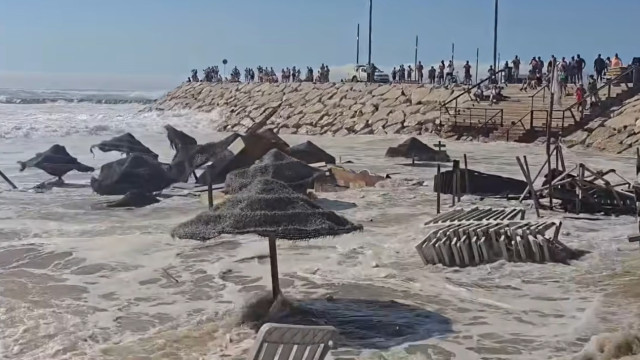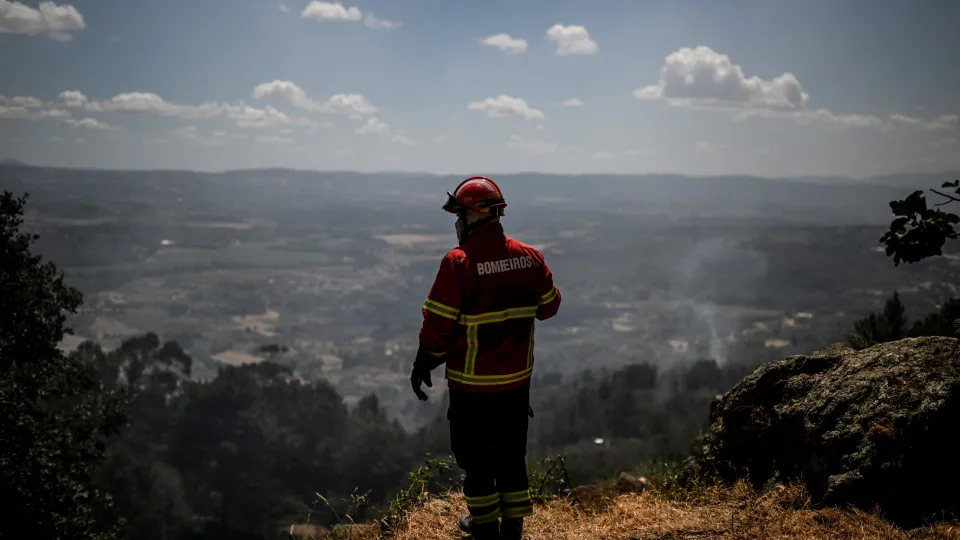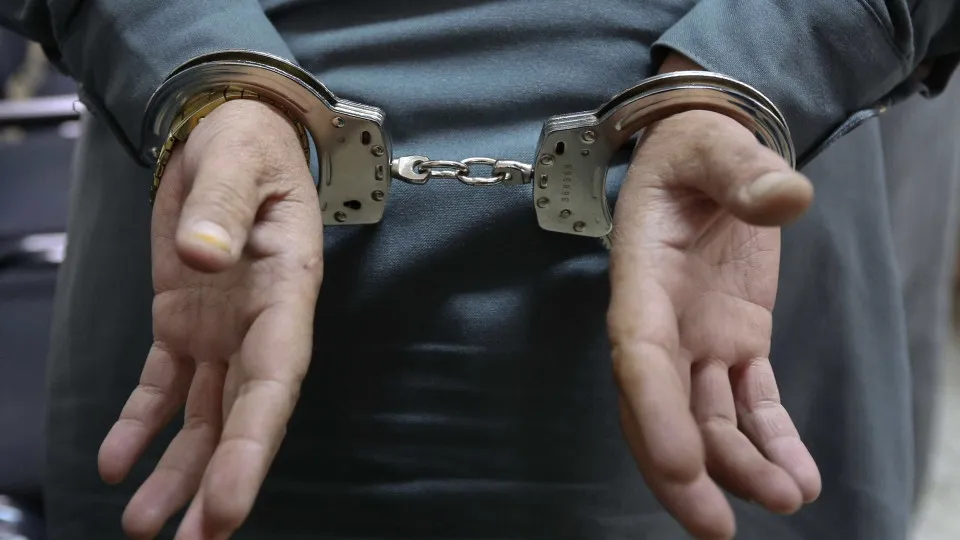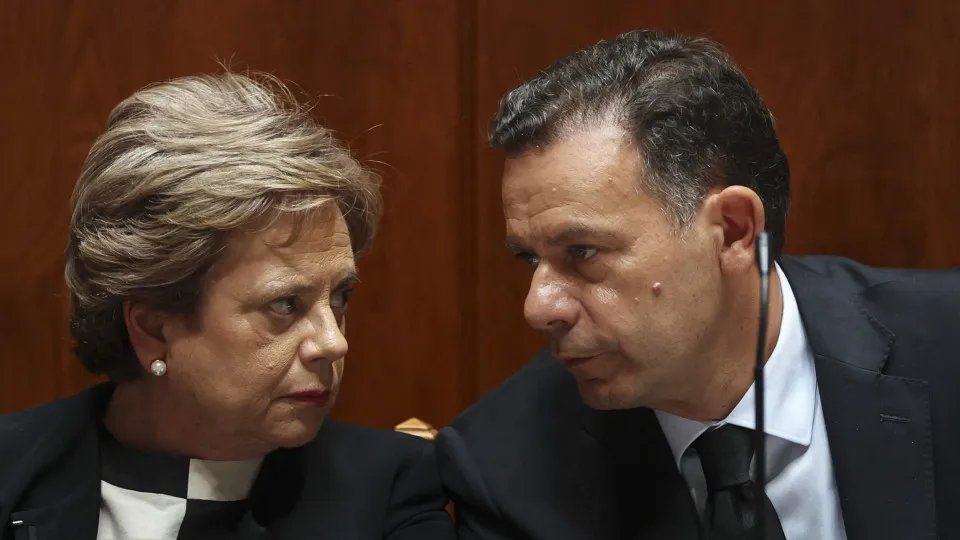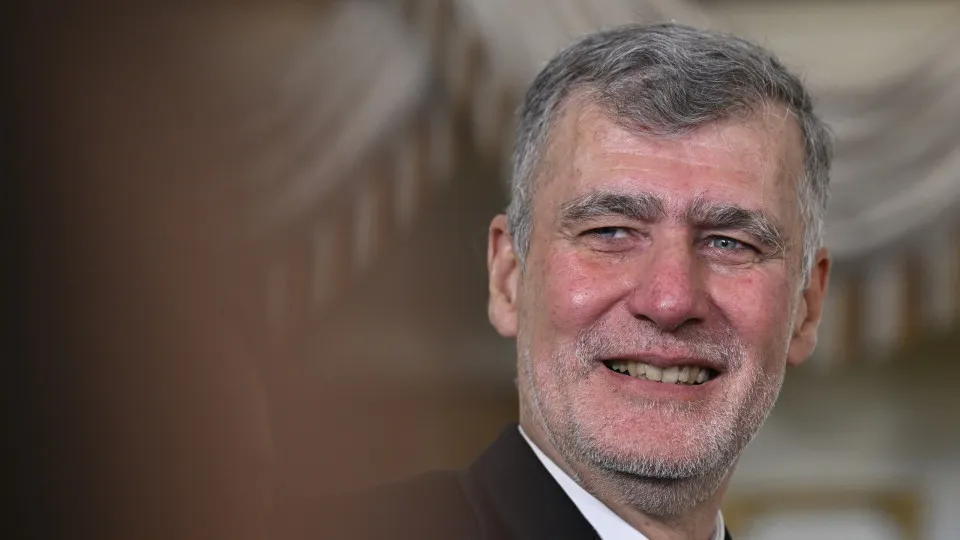
“The reading I have is that nowadays there is a growing conviction that having a diploma or not, in terms of the salaries that can be earned later, is almost indifferent, and therefore students are beginning to give up on having more specialized and deeper training,” said Henrique Gouveia e Melo to journalists during a visit to the Porto Book Fair.
Another reason put forward by the presidential candidate for the lower number of students placed in universities and polytechnics, about 10,000, is “the costs” of academic training for students.
“Travel expenses, housing, lack of student beds, the costs of tuition fees, some lack of investment in scholarships” were some of the factors listed by Henrique Gouveia e Melo for the “reduction in the transition of students from Secondary Education to Higher Education”.
The candidate believes that the issue is “compromising” the country’s future, as actions taken today “will have impacts in 10, 20 years”.
Gouveia e Melo also considered that “there are courses with very high entry requirements”, meaning that “the offer is small for the needs”, as these are “courses of a new economy” in which accesses are “being reduced”.
“This means that we will not be ready to engage in this new economy in 10 years,” the candidate argued, citing areas such as aerospace, biotechnology, and medicine, questioning “why only students above 18 can enter the course” and if “a student of 17” or “15” is “a bad student”.
Henrique Gouveia e Melo believes that “the maximum potential” of Portuguese people is not being maximized, “especially in areas of knowledge that are critical for a new economy”.
“Do we want a knowledge economy, with a lot of technology, or not? Because only this economy is productive enough to, instead of distributing poverty, distribute wealth,” stated the admiral, indicating that Portugal “is truly falling to the tail of Europe”.
Asked whether there is a risk that Higher Education could become exclusive for those who can afford to pay and study at the best schools, the presidential candidate acknowledged that there is such a risk, considering it a “waste of enormous human potential […] condemning it to a lower knowledge area that also does not produce a higher quality and higher added-value economy”.
“It’s a bit of a vicious cycle. We will regret these things, but not today, in 10, 15, 20 years,” he warned.

